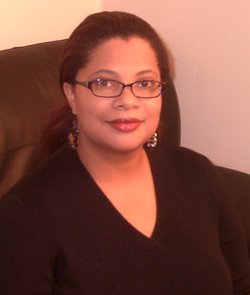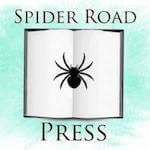February Is Women in Horror Month. Do you love reading horror? Are you drawn to dark thrillers as you peruse the aisles of you favorite bookstore, be it a physical or a virtual one?
If not, why? Too unsettling? I understand. I’ve worked with people who claim to dislike horror and avoid it, but those same people were ones who refused to be interrupted during an episode of Sleepy Hollow. Like any other genre, horror has its levels of intensity. You may not be interested in the gore fest of splatterpunk, but you delight in the little creeping chill that’s the hallmark of Gothic.
Horror is about controlling the fear in our lives.
As women we have specific fears—ones men may not have as they walk through life. Studies have shown women to be more likely victims of theft and violence because criminals see us as easier targets.
Have you ever walked to your car thinking you’re alone, when suddenly the sound of another set of footsteps joins the click of your own? Or have you been at home and heard an unfamiliar creak or groan? You stiffen, but then laugh it off. It’s the house settling. Of course it is.
The alternative is unthinkable.
But horror—especially the dark fiction written by women—addresses this head on. Women authors give the reader a sense of control in the madness of their dark fiction tales. They create worlds where the heroine moves from victim to victorious. Where her strength and smarts not only matter, they are essential for her survival, and they overshadow the importance society places on appearance.
Great examples of this are: The Forest of Hands and Teeth by Carrie Ryan. This post-apocalyptic story moves seamlessly beauty and horror, forcing a young woman to choose between her village and her future.
Eve’s Requiem: Tales of Women, Mystery, and Horror by Spider Road Press. These thirteen eerie tales by celebrated and emerging writers are stories of complex female characters in peril and their fight for survival. (Added to that, five percent of the proceeds from Eve’s Requiem benefit rape crisis centers and veterans’ charities.)
In addition to creating powerful female characters with agency, women writers are known for building atmosphere into their work. Nowhere is this more evident than in dark fiction circles. Loving attention is paid to setting: the turbulent winds of an encroaching storm, the oppressive blanket-like heat, the scent of roses past their prime. These are touches that mark—no, brand—a horror story as having a woman as its author.
Try Jewell Parker Rhodes’s Season: A Marie Laveau Mystery– a return to the sensual, magical landscape of her highly acclaimed debut, Voodoo Dreams.
Read Daphne Du Maurier’s classic Rebecca and be transported to an isolated gray stone mansion on the windswept Cornish coast, where a young bride witnesses chilling events that become the hallmark of her new life.
These are stories we remember, that make us think. Ones that resonate, sink inside, and shake us to our core.
And isn’t that what we want from fiction?

Eden Royce is descended from women who practiced root, a type of conjure magic in her native Charleston, South Carolina. She has had over a dozen short stories published in various anthologies, including Up, Do: Flash Fiction by Women Writers. Her current release, Spook Lights: Southern Gothic Horror is on the Horror Writer’s Association’s recommended reading list for 2015.
She is also the horror submissions editor for Mocha Memoirs Press where she conceived and edited several anthologies, including The Grotesquerie, twenty-one horror short stories written by women.
In her dwindling free time, she is a proofreader, book reviewer, and ice-cream connoisseur. Find her at edenroyce.com.
